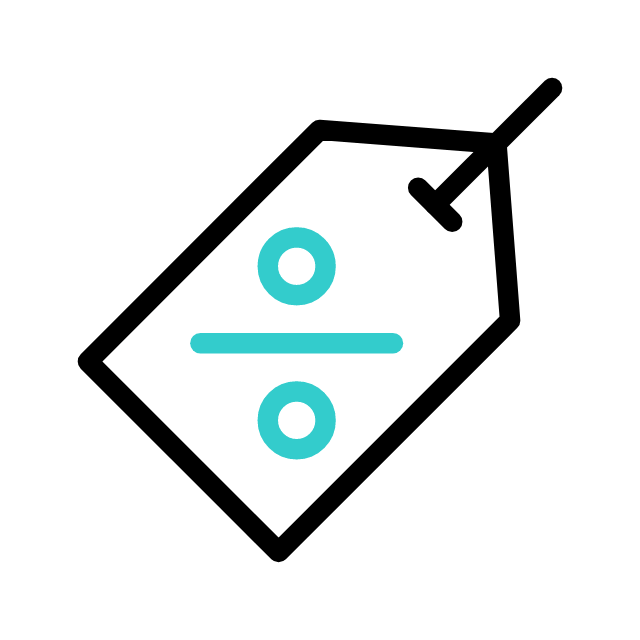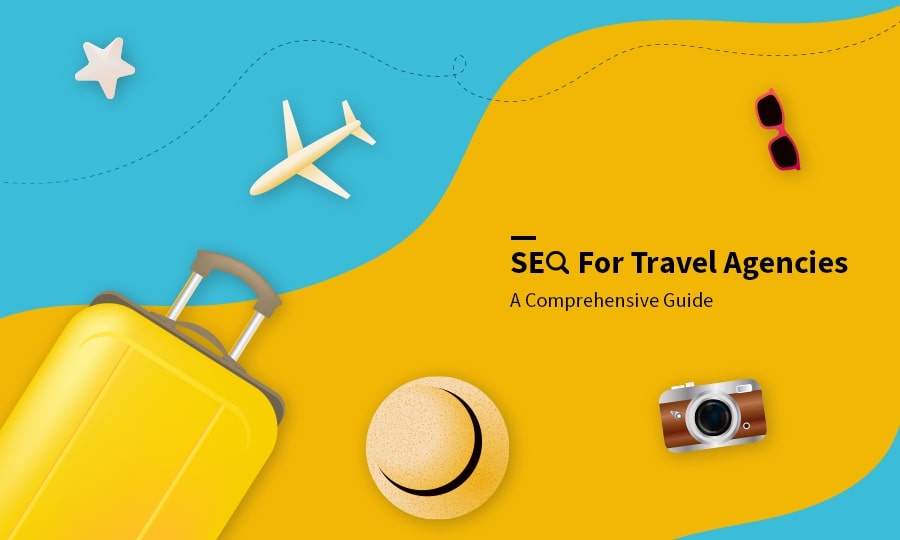
In the competitive travel industry, customer relationship management (CRM) plays a crucial role in helping agencies, tour operators, and travel businesses enhance customer satisfaction and boost sales. A Travel CRM provider offers specialized solutions tailored for the unique needs of the travel and tourism sector. From managing client bookings to automating follow-ups, the right travel CRM can transform how businesses operate.
What is a Travel CRM?
A Travel CRM (Customer Relationship Management) is a software solution designed specifically for travel businesses, including travel agencies, tour operators, DMCs (Destination Management Companies), and OTAs (Online Travel Agencies). Unlike generic CRMs, a Travel CRM focuses on the travel lifecycle, handling inquiries, managing bookings, storing customer profiles, tracking communication, and improving customer experience.
Key Objectives of Travel CRM:
Centralize customer data
Automate marketing and sales workflows
Track client interactions and history
Improve communication with travelers
Increase efficiency in managing leads and bookings
Why Do You Need a Travel CRM Provider?
Choosing the right Travel CRM provider ensures you have access to a system designed to streamline operations, enhance productivity, and improve customer satisfaction.
1. Centralized Customer Data
A CRM consolidates all your customer information in one place, making it easy to access and manage data from multiple touchpoints.
2. Automated Marketing and Sales
Automating repetitive tasks like sending confirmations, follow-ups, and promotional campaigns allows your team to focus on nurturing customer relationships.
3. Improved Communication
Travel CRMs integrate with email, SMS, and WhatsApp, ensuring seamless communication with clients.
4. Better Customer Experience
With personalized travel packages and quick responses, a Travel CRM improves overall client satisfaction and retention.
5. Advanced Reporting and Analytics
Get detailed insights into sales performance, marketing ROI, and customer behavior to make informed decisions.
Essential Features of the Best Travel CRM Provider
When selecting a Travel CRM provider, look for these must-have features:
1. Lead Management
Efficiently capture and track leads from different sources like websites, social media, and campaigns.
2. Quotation and Itinerary Management
Create customized travel itineraries and quotations quickly, ensuring a better experience for customers.
3. Booking Management
Track and manage hotel bookings, flight reservations, transfers, and activities from one dashboard.
4. Customer Segmentation
Segment customers based on demographics, travel preferences, and booking history for targeted marketing campaigns.
5. Multi-Channel Integration
Integration with websites, booking engines, GDS (Global Distribution System), and social media platforms.
6. Payment and Invoicing
Automated billing and payment tracking to improve cash flow and financial management.
7. Mobile Accessibility
Ensure the CRM has a mobile-friendly interface so your team can work from anywhere.
8. Data Security and Compliance
Look for providers that comply with data privacy regulations like GDPR and ensure encrypted data storage.
Benefits of Using a Travel CRM Provider
1. Enhanced Productivity
Automate repetitive tasks and reduce manual errors, enabling staff to focus on high-value tasks like client engagement and sales.
2. Improved Customer Loyalty
CRM tools help build long-term customer relationships through personalization and proactive communication.
3. Revenue Growth
Better lead tracking and conversion strategies directly impact sales and revenue generation.
4. Efficient Team Collaboration
All departments, including sales, marketing, and operations, can access the same centralized data, ensuring seamless teamwork.
5. Real-Time Business Insights
Detailed analytics provide actionable insights for better decision-making and growth strategies.
How to Choose the Right Travel CRM Provider
Selecting the best Travel CRM provider requires careful consideration of your business requirements, budget, and future goals.
Step 1: Identify Your Business Needs
Evaluate what features you need most – whether it’s lead management, itinerary creation, automation, or integration with booking platforms.
Step 2: Check Customization Options
Choose a CRM that offers flexible modules and customization to suit your business processes.
Step 3: Assess User-Friendliness
Ensure the CRM has an intuitive interface and offers proper training and support.
Step 4: Integration Capabilities
Confirm that the CRM integrates with your existing tools like accounting software, payment gateways, and communication channels.
Step 5: Evaluate Pricing and ROI
Look for a provider offering competitive pricing models and measurable ROI benefits.
Step 6: Read Reviews and Testimonials
Check client feedback and success stories to ensure the CRM provider delivers what they promise.
Top Travel CRM Providers in 2025
Here are some of the leading Travel CRM providers globally:
1. Salesforce Travel CRM
Known for its robust cloud-based platform, Salesforce offers advanced customization, automation, and analytics.
2. Zoho CRM for Travel Agencies
Zoho offers affordable solutions with lead management, automation, and AI-based insights.
3. Travelopro
Specializes in travel CRM, itinerary creation, and booking management with a user-friendly interface.
4. TBO Holidays CRM
Focuses on simplifying B2B travel distribution and managing travel agent partnerships.
5. Traviyo Travel CRM
Provides all-in-one solutions tailored for Indian travel agencies, including itinerary builders and automation tools.
Challenges of Implementing a Travel CRM
While a Travel CRM offers numerous advantages, businesses often face challenges:
Data Migration Issues – Transferring existing data to a new CRM can be complex.
User Adoption – Employees may need time to adapt to new software.
Cost – Advanced CRM systems may require a significant investment.
Integration Complexities – Ensuring compatibility with existing systems can be a challenge.
Future Trends in Travel CRM Solutions
1. AI-Powered Automation
AI will automate customer interactions, predict travel trends, and enhance personalization.
2. Chatbots and Virtual Assistants
Integrating AI chatbots for 24/7 customer support and booking assistance.
3. Omnichannel Engagement
Seamless integration across social media, mobile apps, and email for consistent customer experience.
4. Blockchain for Secure Payments
Increased use of blockchain for safe and transparent payment processing.
Frequently Asked Questions (FAQs)
1. What is the difference between a generic CRM and a Travel CRM?
A generic CRM manages customer relationships for all industries, whereas a Travel CRM is built specifically for travel-related workflows like itinerary management, booking tracking, and package customization.
2. How much does a Travel CRM cost?
Costs vary depending on features, customization, and number of users. Basic solutions start at $20–$50 per user per month, while enterprise solutions may exceed $300 per user.
3. Can a Travel CRM integrate with GDS and booking engines?
Yes, most modern Travel CRMs offer integration with GDS systems (like Amadeus or Sabre) and third-party booking engines.
4. Is Travel CRM suitable for small travel agencies?
Absolutely. In fact, small agencies benefit significantly as they can automate repetitive tasks and focus on customer experience.
5. How long does it take to implement a Travel CRM?
Implementation can take anywhere from a week to a few months, depending on data migration and customization needs.
Conclusion
A Travel CRM provider plays a crucial role in helping travel businesses streamline their operations, improve customer experience, and boost revenue. By choosing the right CRM solution, you can enhance productivity, automate tasks, and create personalized travel experiences for your clients.
Whether you are a small travel agency or a large tour operator, investing in a Travel CRM is no longer optional—it’s a necessity in today’s competitive travel industry. Evaluate your requirements, compare different providers, and choose a CRM that aligns with your business goals for long-term growth and success.

 Start your Travel Business with Our 7 Day Free Trial Website!
Start your Travel Business with Our 7 Day Free Trial Website!





